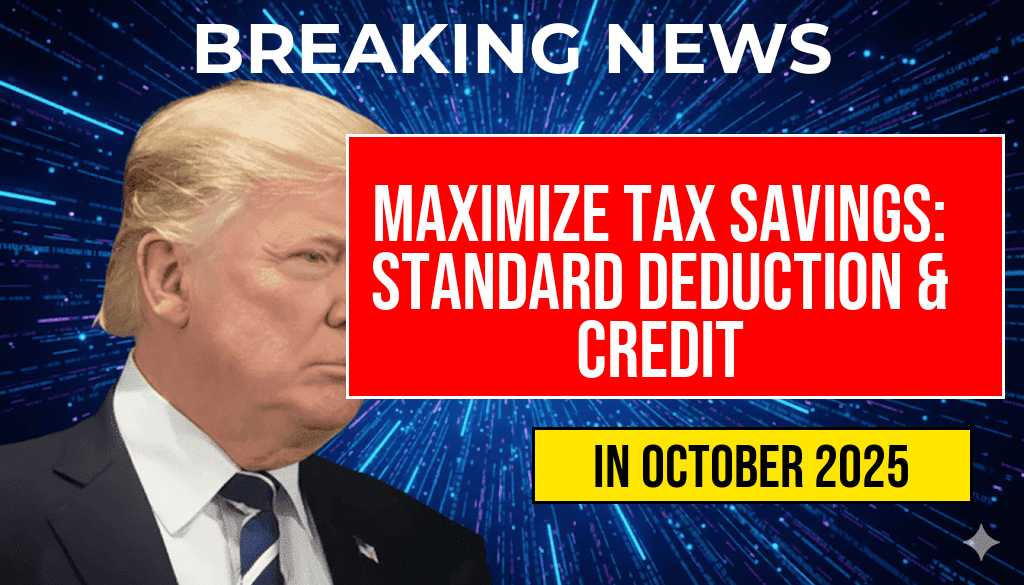A proposal to eliminate taxes on tips for service industry workers could potentially increase annual earnings by up to $25,000, providing substantial relief for many employees who rely on gratuities. While this move aims to boost take-home pay for waitstaff, bartenders, and other tipped workers, it’s crucial to understand that payroll taxes would still apply. The initiative has sparked discussions nationwide about the implications for both employees and employers, as well as the broader economic effects on the service industry. Advocates argue that removing taxes on tips would incentivize better service and improve the financial stability of workers, while critics raise concerns over potential complications in tax compliance and the fairness of such a policy change.
Understanding the Proposal
The proposed legislation seeks to exempt tips from taxable income, allowing employees to retain a larger portion of their earnings. For many service workers, tips can constitute a significant part of their overall income, often leading to fluctuations in yearly earnings based on customer generosity. By removing taxes on these tips, proponents believe that workers could see a drastic increase in their annual paychecks.
The Financial Impact
According to estimates, the average tipped worker could see their income rise substantially. The following table illustrates the potential financial benefits:
| Category | Current Income | Potential Income with No Tax on Tips | Increase |
|---|---|---|---|
| Average Tipped Worker | $30,000 | $55,000 | $25,000 |
The potential increase in income could offer a significant boost to the financial well-being of service workers, helping them cover living expenses, pay off debts, and save for the future.
Payroll Taxes Still in Effect
Despite the proposed exemption from income tax on tips, payroll taxes remain applicable. This means that while workers may take home more money, they will still be contributing to Social Security and Medicare programs. This aspect of the proposal is critical for understanding the overall financial landscape for service workers.
Payroll Taxes Explained
- Social Security Tax: A federal tax that funds the Social Security program, which provides benefits to retirees, disabled individuals, and survivors of deceased workers.
- Medicare Tax: A tax that funds the Medicare program, which provides health insurance for individuals aged 65 and older, as well as certain younger individuals with disabilities.
Both taxes are deducted from employees’ gross earnings, which means that even with increased take-home pay from tips, workers will still see a portion of their earnings withheld for these programs. Understanding the implications of payroll taxes is essential for anyone considering the financial impact of the proposed changes.
Debate Among Stakeholders
The proposal has ignited a debate among various stakeholders, including service workers, restaurant owners, and tax policymakers. Supporters argue that this change would enhance the income stability of workers who often face income volatility due to fluctuating tips. They contend that a no-tax policy on tips could lead to improved job satisfaction and retention in the service industry.
On the other hand, critics express concerns about the administrative burden placed on employers. There are worries that the elimination of taxes on tips could complicate tax reporting processes and create confusion regarding compliance with existing tax laws. Additionally, skeptics question whether the benefits would be evenly distributed among all service workers, particularly in establishments where tipping practices vary significantly.
Conclusion: A Step Towards Economic Relief?
The potential for increasing paychecks by up to $25,000 through the elimination of taxes on tips presents an intriguing opportunity for many service industry workers. However, the ongoing discussions around payroll taxes and the implications for employers highlight the complexities of implementing such a policy. As the proposal moves through legislative channels, the outcomes will be closely monitored by workers and businesses alike, shaping the future of compensation in the service sector.
For more information on payroll taxes, visit IRS Payroll Taxes.
To learn more about the impact of tipping and wages in the service industry, visit Forbes on Tipping Policies.
Frequently Asked Questions
What does it mean that there is no tax on tips?
When we say there is no tax on tips, it means that gratuities given to service workers are not subject to federal income tax, which can significantly increase your take-home pay.
How can tips increase my paycheck by $25,000?
If you earn a substantial amount in tips, not being taxed on that amount can lead to a significant increase in your annual earnings, potentially boosting your paycheck by up to $25,000.
Are there any payroll taxes that still apply to tips?
Yes, while there is no tax on tips for income tax purposes, payroll taxes such as Social Security and Medicare taxes still apply to the tips you earn.
Will my total income be affected if I receive tips?
Your total income may not be affected in terms of taxable income, but your take-home pay can be significantly higher due to the lack of income tax on tips.
How should I report my tips for tax purposes?
It’s essential to accurately report your tips to your employer, as they are required to include them in your payroll taxes calculations, ensuring compliance with tax regulations.






